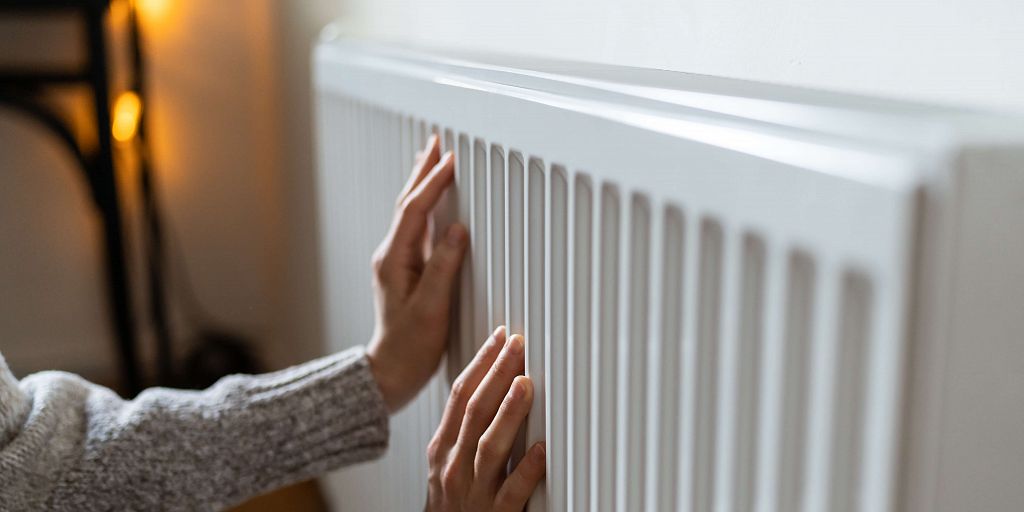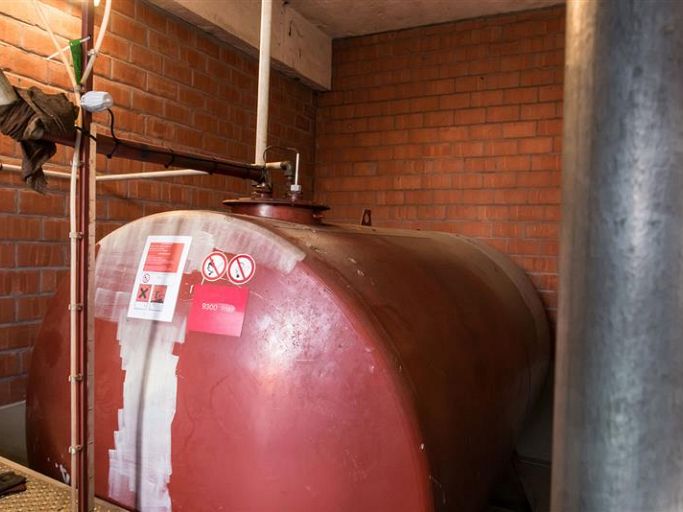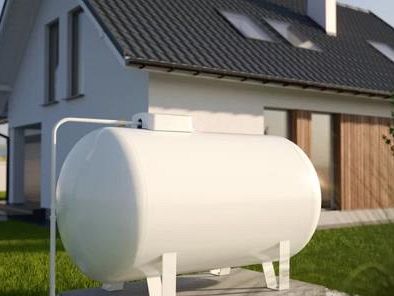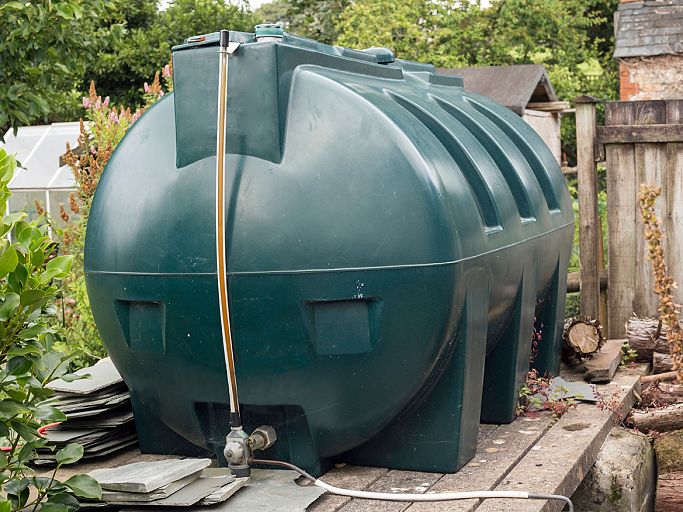- Oil
- Diesel
- Petrol
- AdBlue
- Water
- Sewage
- Hot Water Cylinders
-
Brands
- New Releases
- In Stock
- Sale
- Best Sellers
- Fuel Tank Hire
- More
-
Services
How to Make your Heating Oil Last Longer: A Guide
12th April 2024 in oil

Making just a few simple adjustments can mean your stock of home heating oil lasts longer, which will provide you with better value for money. Here are the key things you can do to stretch your heating oil further without sacrificing comfort.
- Use a Timer
Sometimes when you leave your property, or even just go the bed for the night, it can be easy to forget to turn off your heating. This will unfortunately result in the unnecessary waste of fuel – and therefore money. Integrating a timer into your heating system can help mitigate against the loss. Once you have the timer installed, you can programme it around your lifestyle.
For example, if you like to have a warm home when you wake up, set the timer to activate the heating system twenty minutes before your morning alarm is due to go off. You could also programme a timer to activate the heating system twenty minutes before you will arrive home from work. Obviously at weekends you will be at home for longer, but the same general rule applies: Use the timer (i.e. set it) around your activities rather than on an ad hoc basis. By aligning the timer to your lifestyle in this controlled way you’ll ensure that the property is the temperature you want it when you want it, without the system being active for a moment longer than it needs to be.
- Buy a Thermostat
A large proportion of a household’s energy bills can be attributed to heating (and hot water). By making a small adjustment to the settings on your thermostat (simply, the part of your heating system which regulates the temperature) you should yield some reasonable annual savings - even if this adjustment is just a single degree reduction. It’s also a common misconception that turning up the thermostat will accelerate the speed at which your systems heats up the house, but this is not the case, so you should certainly resist the temptation to just ‘whack it up’.
- The Home Itself
Unused rooms: Make sure that your thermostat is optimised for efficiency and that individual radiator thermostats (especially in irregularly used areas in your house such as the hallway, the landing, spare rooms etc) are also adjusted to optimal settings to prevent unnecessary fuel consumption. Pumping heating into rooms that remain unused is a needless drain on your heating oil supply as there is no real benefit. It could even be worth shutting off radiators in these spaces to conserve fuel effortlessly.
- Ensure You Have Good Insulation
Make sure you have effective insulation. This is essential for retaining heat within the home and, therefore, making it unnecessary to have the heating on for longer periods of time and, therefore, significantly reducing your fuel consumption. Natural and recycled insulation materials offer eco-friendly alternatives that maintain warmth without excessive fuel use. Significant areas which are well-served by insulation are:
- Walls: Heat loss occurs through walls without insulation.
- Hot-water tank: Insulate with a jacket or instal a pre-insulated model.
- Attic and roof: Heat will escape through the roof in homes with no attic insulation.
- Windows: Seal gaps around windows, invest in double glazing if you do not have it, and address draughts to further minimise heat loss.
- Boilers
Regular servicing of the boiler which controls your heating system is essential to maintain uninterrupted operation and optimum fuel efficiency. You will also save on fuel costs, as even small declines in the efficiency of your boiler (and therefore your entire system) can mean there are substantial expenses during winter. Having your boiler serviced is a straightforward process involving contacting a professional and making an appointment. They will visit your property and assess the boiler in line with industry and legal standards, and provide you with paperwork which demonstrates that it is up to the job.
- Other steps
There are a few other small steps you can take to maximise fuel efficiency.
- Make sure heat vents are free from obstructions
- Keep all internal doors closed when you are not using rooms
- Open curtains or blinds in daylight hours
- Use a humidifier if the air in your house is ‘dry’
If you take the steps we have mentioned in this edition of our blog and work on these different areas of your heating system or make these household tweaks, you’ll ensure you’re warm enough when you want to be and that you save money due to a reduction in the frequency of your fuel refills. In addition to all of the above, ensuring you have a substantial and top quality oil tank (whether steel or plastic) is essential to the smooth operation of your heating system. Visit our website for more information.
One of the largest selections of tanks in the UK
Chat online or call us today on 01469 531229
Related Products
More Articles

How to Prevent Oil Theft – 8 Security Measures
1st August 2022 in oil

7 signs your oil tank needs replacing
4th August 2022 in oil

What are the advantages of a bunded oil tank?
6th August 2022 in oil

Our top 8 ways to maintain your oil tank
8th August 2022 in oil
Help
About Us
My Account
Newsletter Sign Up
Inspiration direct to your inbox, please enter your email below...
Help About Us My Account
© Tanks R Us. All rights reserved. Registered in England. Registration number. 05804332. VAT number 364402764
Designed and produced by Kal Group